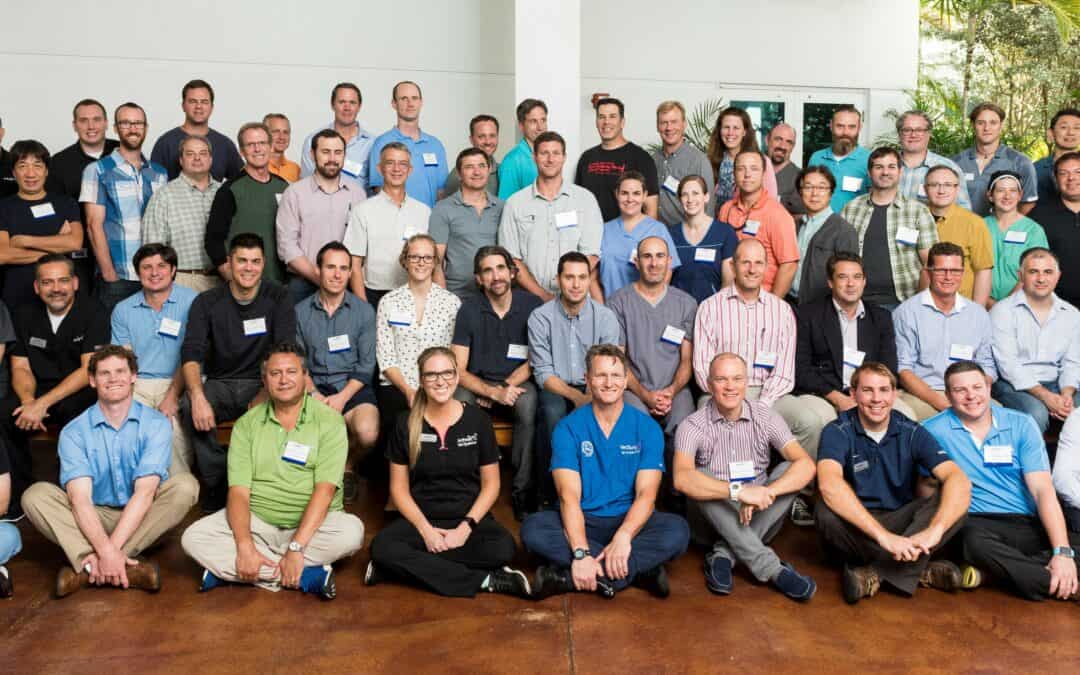Yes. Unfortunately for most pet owners, the term veterinary surgeon is confusing and likely misleading as it suggests all vets are surgeons. This is not the case. Only about 3% of vets are specialist surgeons. All vets are veterinary surgeons but only a registered specialist in surgery can claim to be a surgeon. This distinction can confuse the general public.
Specialist Surgeons In Veterinary Medicine
In human medicine, roughly half of doctors are general practitioners and half are specialists. Whereas, in veterinary, roughly 90% are general practitioners and only 10% are specialists primarily due to demand and supply. However, as of late there are more and more vets undertaking advanced training.
Gaining qualifications as a specialist allows vets to practice in an exclusive way; seeing complex cases. It takes many years to become proficient in surgery and this means older surgeons tend to have more practical experience. In general, vets who have undergone training in a busy US University teaching hospital under the supervision of several instructors, tend to have more confidence than vets who train under one or two mentors in an Australian private practice.
My Local Vet Advertises They Have Expertise And Offer Advanced Surgery: what does this mean?
Vets are legally able to perform any procedure as soon as they become a vet. The old adage used to be “See one, Do one, Teach one”, meaning decades ago, the culture in the vet industry was to learn on your second case and then teach another vet what you just learned yourself. Vets tend to run small businesses and are financially incentivised to keep surgical cases within their clinic. Many practice owners learn to do complex surgical procedures without formal specialist training.
Why Should I Consider Selecting A Specialist To Treat My Pet?
Your family vet is skilled in most aspects of pet care and this will vary depending on their practice and personal advancement. However, you have a guarantee of a high level of expertise if you elect to engage a specialist veterinarian in managing and treating your pet. You can expect the highest level of care.
Why Pay Extra For A Specialist Vet?
Specialist vets have passed a rigorous, detailed examination process, after years of focused training and study. They learn from other specialists who are older and wiser. Specialist vets must perform original research and publish articles to contribute to their chosen field. They attend advanced surgery meetings and share experiences to educate peers. You typically pay extra for the services of a specialist to reduce the risk of errors and complications as they have the highest level of training and knowledge.

